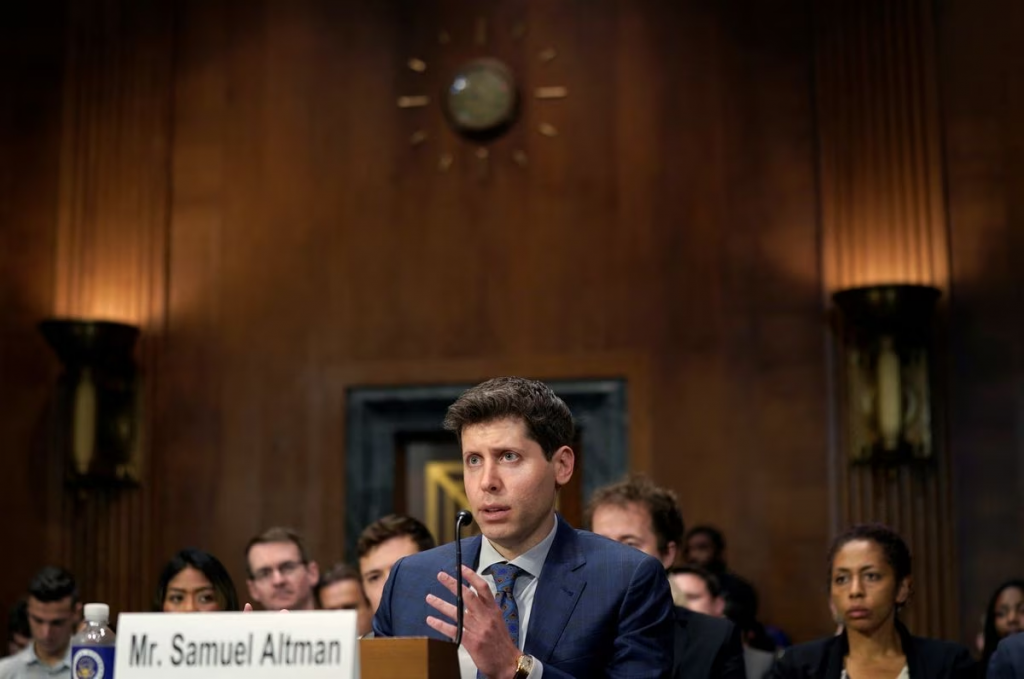During a Senate panel discussion, OpenAI’s CEO, Sam Altman, expressed concerns about the use of artificial intelligence to manipulate election integrity. He emphasized the need for regulation and guidelines to address this significant issue.
Altman acknowledged his unease regarding the intersection of AI and elections, emphasizing the necessity of rules and guidelines to mitigate potential risks. As AI technology becomes increasingly pervasive, companies have been racing to bring versatile AI solutions to the market, fueling concerns about exacerbating societal issues like prejudice and misinformation.

Senator Cory Booker stressed the urgency of the matter, stating that AI’s global expansion makes it difficult to contain. Addressing concerns about misinformation in the upcoming 2024 election, Senator Mazie Hirono highlighted an instance where a viral image depicting former President Trump’s arrest turned out to be fake. Altman responded by advocating for clear labeling of generated images to distinguish them from factual ones.
In Altman’s first congressional appearance, he proposed the idea of licensing and testing requirements for AI model development in the United States. He suggested that AI models capable of persuading or manipulating people’s beliefs should be subject to strict regulations.
Additionally, Altman supported the notion that companies should have the option to opt-out of their data being used for AI training. However, he acknowledged that publicly available web material would likely remain fair game for AI applications.
Moreover, Altman expressed openness to exploring advertising models but showed a preference for subscription-based approaches.

Recognizing the significance of AI’s impact, the White House brought together top technology CEOs, including Altman, to discuss AI-related issues. US lawmakers are actively seeking ways to harness the benefits of AI while safeguarding national security and mitigating potential misuse. The creation of a US licensing agency for AI, proposed by an OpenAI staff member and potentially named the Office for AI Safety and Infrastructure Security (OASIS), has been reported. Altman and urging domestic regulation stressed the importance of global cooperation and incentives for AI safety compliance.
Amidst AI regulation discussions, Christina Montgomery, Chief Privacy and Trust Officer of International Business Machines Corp, urged Congress to focus its regulatory efforts on areas with the greatest potential for societal harm.

The White House and US lawmakers are actively exploring avenues for AI regulation, but reaching a consensus remains a complex task. As discussions progress, global cooperation and incentives for AI safety compliance are being emphasized.
In light of potential societal harms, experts are urging lawmakers to focus regulatory efforts on areas with the greatest impact.


